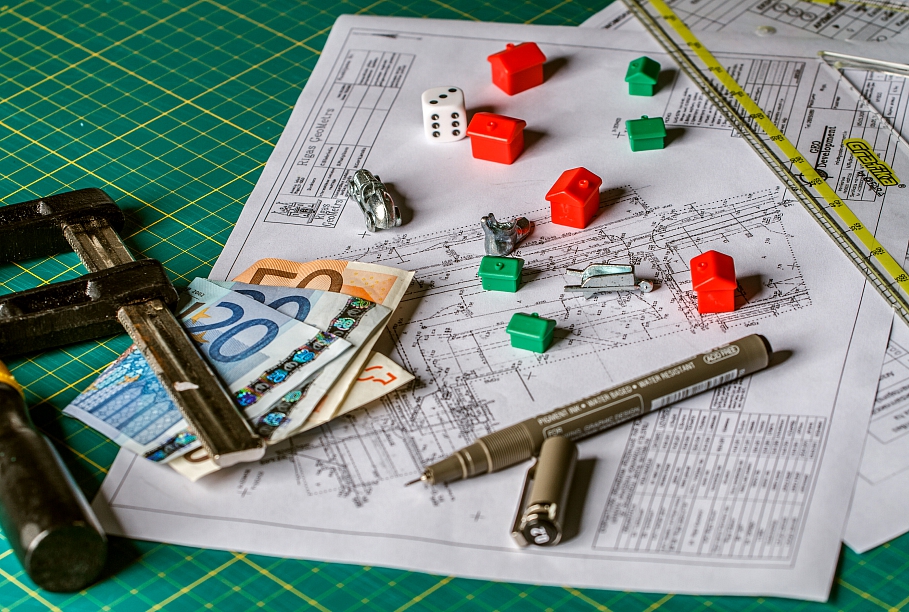He said the ruling coalition had agreed on a tax reform model to be presented at the meeting of the National Trilateral Cooperation Council comprising representatives of the government, trade unions and employers on Thursday, June 29.
"The ruling coalition agreed to propose differentiated personal income tax rates. A 20% rate will apply to the annual income up to €20,000, a 23% rate will apply to the annual income between €20,001 and €55,000, and a 31% rate will apply to the annual income above €55,000," the prime minister said.
Under the earlier proposal, two personal income tax rates were to be introduced - 20% for the annual income up to €45,000 and 23% for the annual income higher than €45,000.
The ruling coalition also agreed on a zero tax on reinvested profit so that Latvian companies would remain competitive. It is also planned to increase the minimum non-taxable income gradually.
The ruling coalition partners agreed that the social insurance contributions should be raised by one percentage point to ensure extra funding for health care.
The coalition's proposal will not result in a budget deficit. "The proposal is balanced to avoid creating any negative effects," Kucinskis said.
Meanwhile Latvia's Chamber of Commerce and Industry has withdrawn support for the upcoming tax reform saying that the one-sided decision to introduce progressive tax breaks trust between politicians and entrepreneurs.































